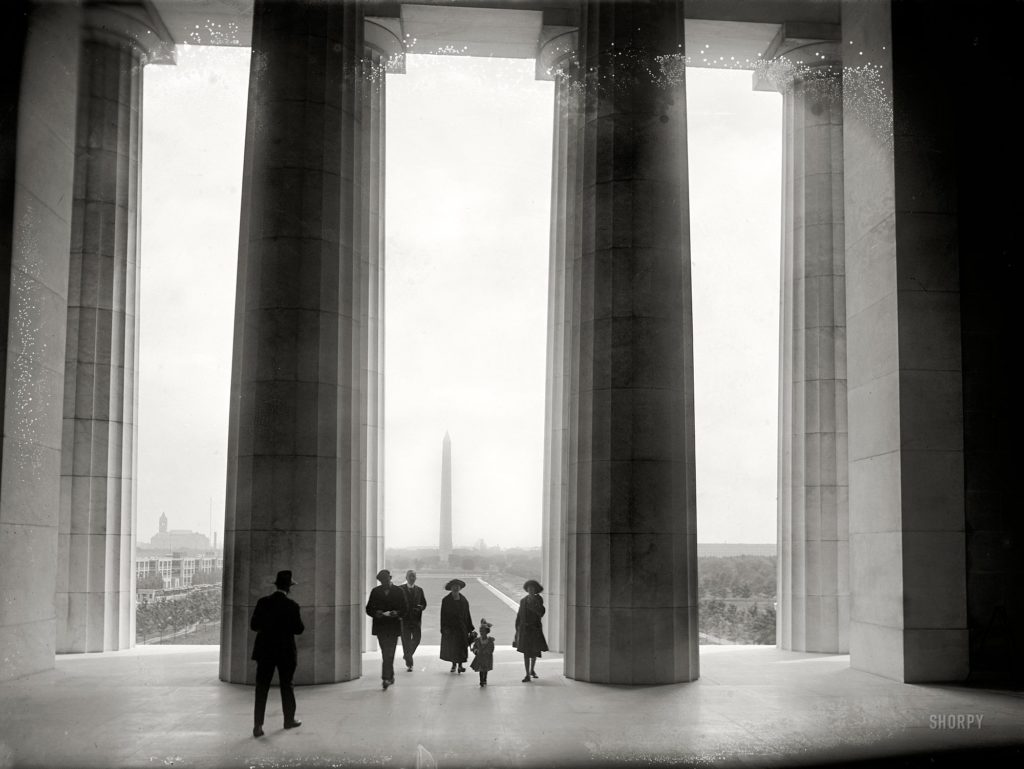
I’m fairly certain that it wasn’t in any textbook I’d read as a schoolgirl. It wasn’t at the memorial on the mall or the monument blasted onto the face of a mountain. I didn’t find it in any of the 10 million pages collected by 10 thousand presidential historians. It wasn’t even at Gettysburg, where the rolling fields of green still heave with everlasting shame. I suspect it was the performance of Daniel Day-Lewis in 2012 that opened my eyes for the first time to the hidden dimensions of the human being we know as Lincoln, an odd and nearly unknowable man transfigured by grief and despair, shouldering the immeasurable wrongs of a divided people and broken nation. And then came this year’s amazing work by George Saunders, Lincoln in the Bardo, a fantastical rendering of an event that might have converted the man from a doubtful political strategist into a courageous instrument of compassion.
The worst times make the best leaders, and if not, we’re so much the worse.
So some days, awake and reading the news in stunned torpor, I wonder how Lincoln might have seen the day. What he might still have to say. Then I go looking for words to calm my agitation. Lincoln’s dharma, like all dharma—the truth—does not fail to illuminate the way.
What kills a skunk is the publicity it gives itself. — Campaign circular, 1843.
How fortunate that Lincoln didn’t distinguish himself with vanity.
Common looking people are the best in the world: that is the reason the Lord makes so many of them. — Lincoln and the Civil War in the Diaries and Letters of John Hay
In his humility, he saw the One in the many.
Whenever I hear any one arguing for slavery I feel a strong impulse to see it tried on him personally. — Speech to 140th Indiana Regiment, March 17, 1865
And the many as One.
You can have no conflict without being yourselves the aggressors.—1st Inaugural Address, March 4, 1861
We must take responsibility for the greed, anger, and ignorance in our own hearts.
I claim not to have controlled events, but confess plainly that events have controlled me. — Letter to Albert G. Hodges, April 4, 1864
With no promise to turn back time, but rather, to face things as they are.
The dogmas of the quiet past are inadequate to the stormy present. The occasion is piled high with difficulty, and we must rise with the occasion. As our case is new, so we must think anew, and act anew. We must disenthrall ourselves, and then we shall save our country. — 2nd Message to Congress, Dec. 1, 1862
Only how we respond in this present moment can save us.
An Eastern monarch once charged his wise men to invent him a sentence to be ever in view, and which should be true and appropriate in all times and situations. They presented him the words: “And this, too, shall pass away.” How much it expresses! How chastening in the hour of pride! How consoling in the depths of affliction! — Address before the Wisconsin State Agricultural Society, Sept. 30, 1859
And this, too, shall pass away.
I have stepped out upon this platform that I may see you and that you may see me, and in the arrangement I have the best of the bargain. — Remarks at Painesville, Ohio, Feb. 16, 1861
Visit Washington and you might see the corpus of a 28-foot-tall man enshrined on the platform of a marble throne. But that’s not what Lincoln sees. Through the open portal right in front of him, he sees vast emptiness reaching beyond the horizon, and under a common sky, the good people he has vowed to serve as one, now and forever.
These days, it helps to look at things his way.
***
Photo Source: Shorpy Historical Photo Archive. May 5, 1922. Washington, D.C. “Vista of Monument from Lincoln Memorial.” National Photo Company Collection glass negative.
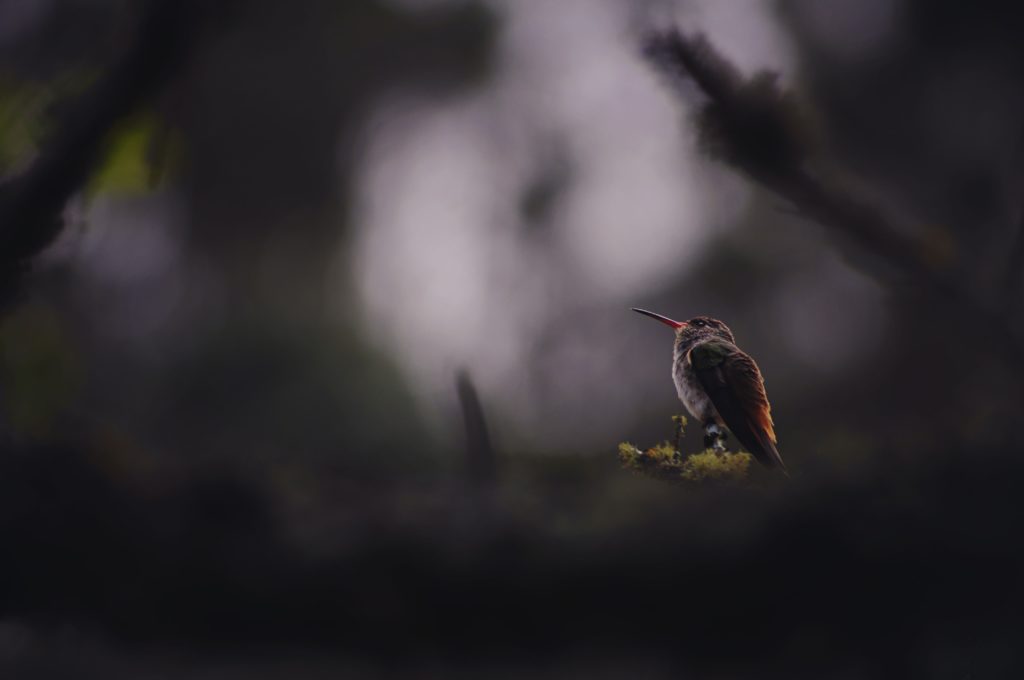

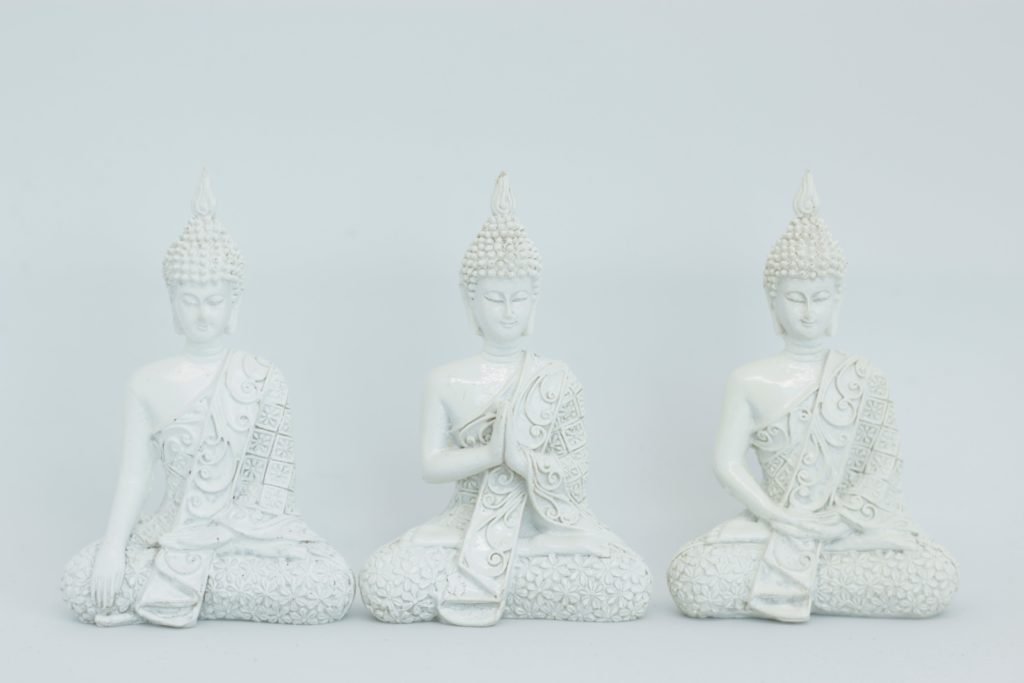
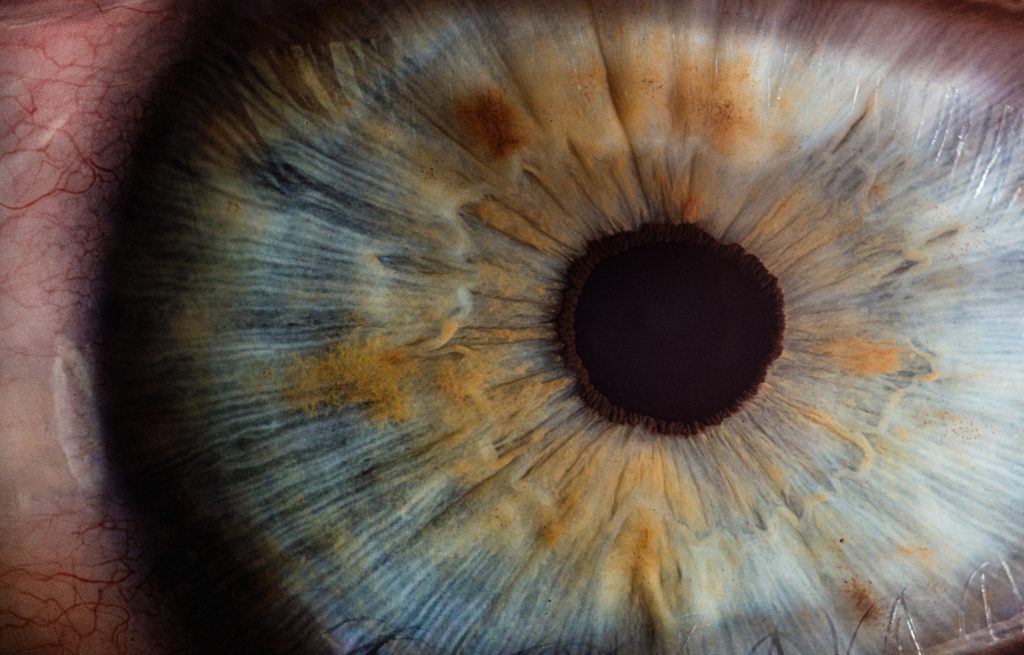
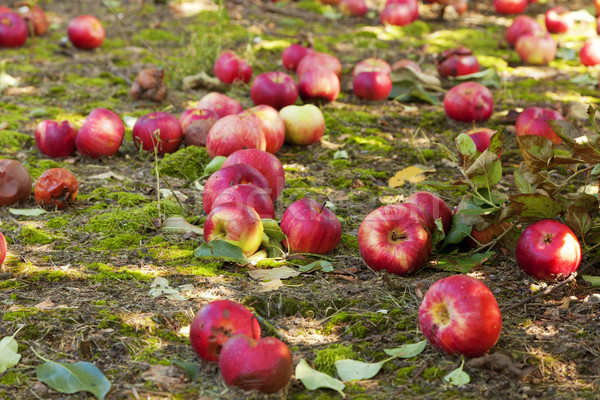
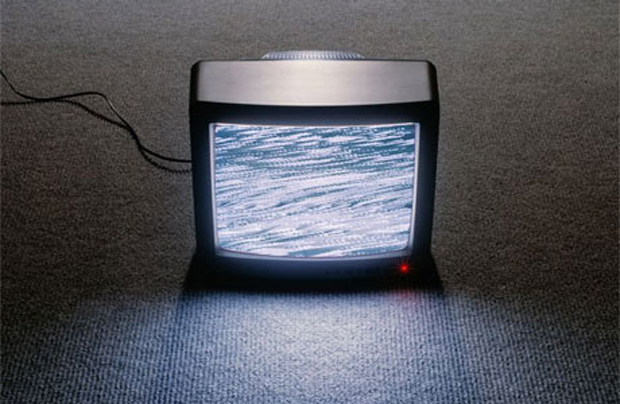

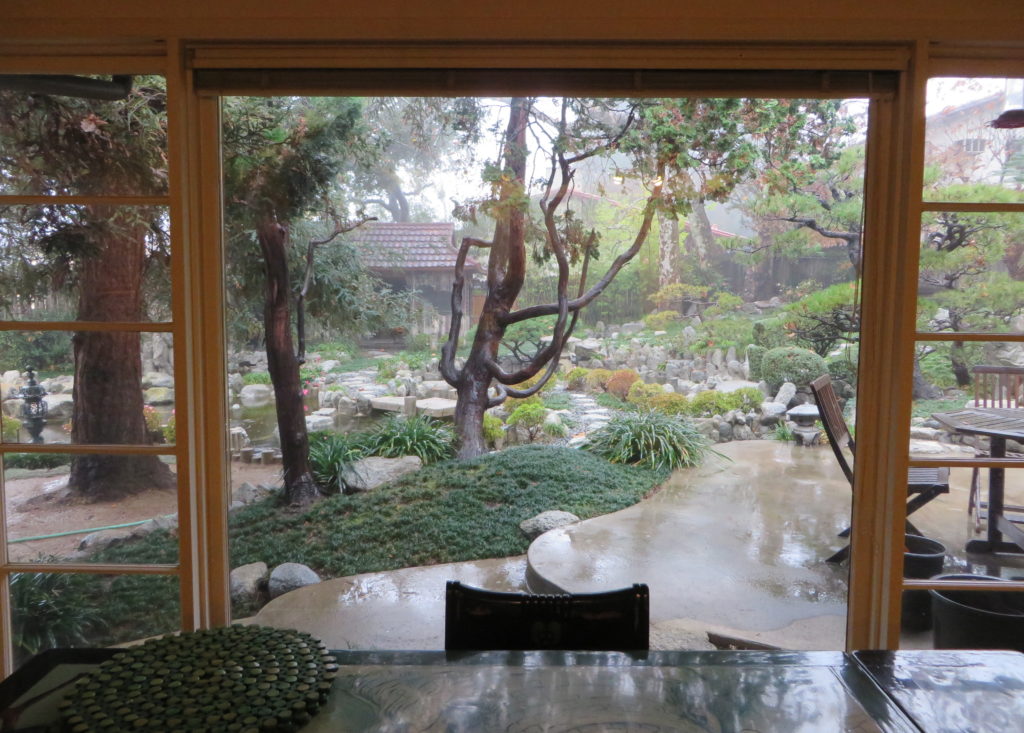

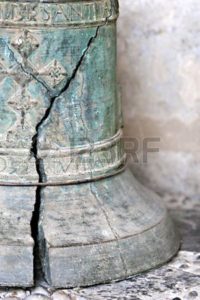

 I will confess to having an unhealthy fascination for the Lance Armstrong saga. I watched his interview on Oprah last week.
I will confess to having an unhealthy fascination for the Lance Armstrong saga. I watched his interview on Oprah last week.
 On Wednesday evenings I’ve taken to watching TV with my daughter. It’s her one night off from gym practice and after she finishes homework, she likes to tune in to a controversial reality show called
On Wednesday evenings I’ve taken to watching TV with my daughter. It’s her one night off from gym practice and after she finishes homework, she likes to tune in to a controversial reality show called 
